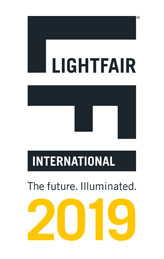Netherlands Finds Health Risks Associated with Blue LED Lights
Latest research from Netherlands Health Council indicate there are certain health risks associated to blue lights emitted by LEDs, and further investigations are required, reported NL Times.
The Council warned public,
LED lights could damage eyes and disrupt a person’s biological clock.
A person’s biological clock “controls numerous physiological and behavioral processes”, reads an investigatory and advisory report released by the Council. “It operates autonomously, but may be affected due to external factors. One of the most important factors is light.”
The findings have been consistent with earlier research which LEDs can interfere with melatonin production, especially when people are exposed to LED lights late in the evening. “The short-term effects are shorter sleep, reduced attention, and increased risk of accidents. The long-term risks include development of cancer, obesity, cardiovascular disease and mental disorders,” reads the report.
The council recommended consumers should be alert in reducing these associated risks, and called for R&D of LED products that emit less blue light. The council also recommended for further research to be conducted in finding the potential health effects from LED light.
“We know that the blue light from
LED light is potentially harmful to the eyes, but it is unclear whether the degree to which we are exposed to it is harmful”, said a spokesperson for the Health Council, according to nu.nl.
In the advisory report, the council noted more electronic products such as in the screens of smartphones, tablets, and computer monitors are being manufactured with
LED lighting, and these lights are becoming brighter in every new generation product. The longer time people spend in front of screens are also contributing to these health impacts.
